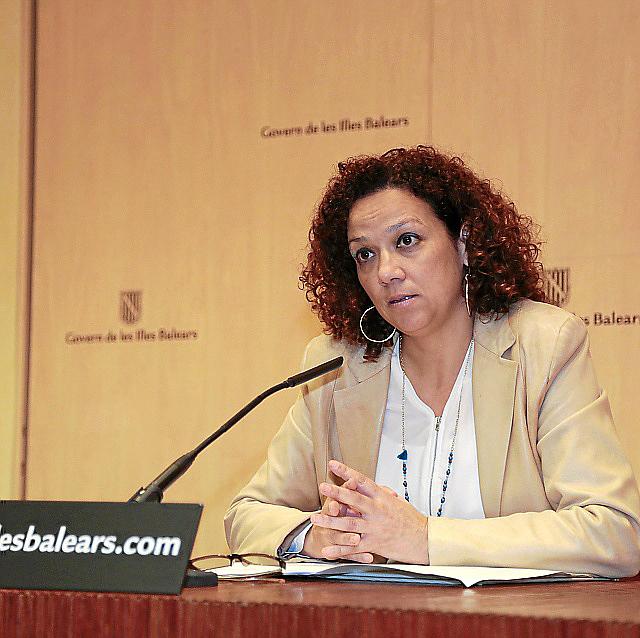Balearic finance minister Catalina Cladera says that the government is not planning on introducing any new taxes. In an interview with IB3 Radio, she sought to distance herself from a suggestion by economics professor Guillem López-Casasnovas for more tax revenue to be derived from tourism.
"We are not about to announce new taxes," especially given the introduction of the tourist tax on 1 July. Cladera added that were there to be proposals for further taxes these would be studied closely and done so in order to reach consensus with sectors which would be affected and with her party's partners in government. (Cladera is with PSOE.) She also said that any tax proposals would have to be watertight in order to avoid any potential legal challenges: the Majorca Hoteliers Federation has still not totally ruled action in respect of the tourist tax.
Cladera expressed her satisfaction with the fact that some 12,000 establishments had registered for collection of the tourist tax, going on to emphasise the importance of the tourism industry and the role it played in bringing the Balearics out of economic crisis. The government, she reiterated, is committed to "quality sustainable tourism" and referred to the current debate regarding the numbers of tourists and the potential for "saturation". "We need to talk calmly and not set off any alarms. It shouldn't be forgotten that the Balearics lives from tourism and that we should do so in a sustainable way."
Moving on to relations with Madrid, she said that regional authorities needed to know what the situation regarding expenditure and the deficit would be for 2017 so that starts can be made on preparing budgets. She accused the central government (still of course in a caretaker role) of blocking the drafting of the Balearic budget. The "philosophy" of Mariano Rajoy and the Partido Popular, she opined, was to slow down decisions made by the Balearic government and the exercise of regional powers.
In principle, though, she said that the 2017 budget will continue to focus on three key areas of education, health and social services and will also include plans for infrastructure, innovation and job creation.


2 comments
To be able to write a comment, you have to be registered and logged in
The tourist tax is a wonderful idea, I would quadruple it and introduce a huge tax on hire cars and low cost airlines. Then sit back and watch the riff raff bugger off to Greece and Bulgaria! Perfect.
Taxes in Mallorca are normally increased in January. Causing all businesses to increase their prices, to pay them. But, the Tourist Tax and the Exchange rate fall for UK, would require great caution, when any tax increase proposal is being considered.